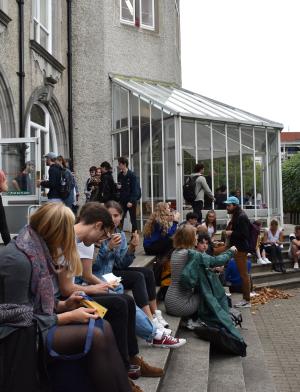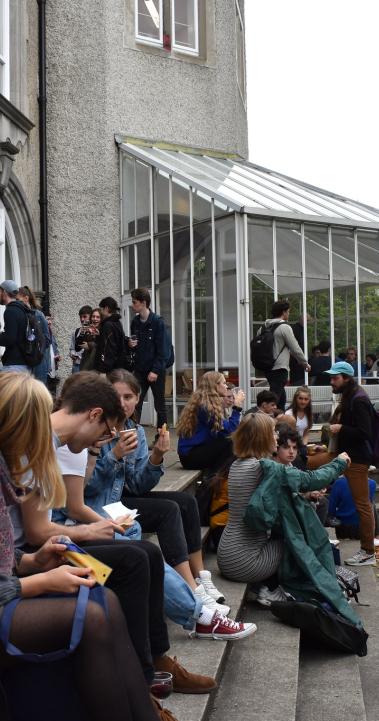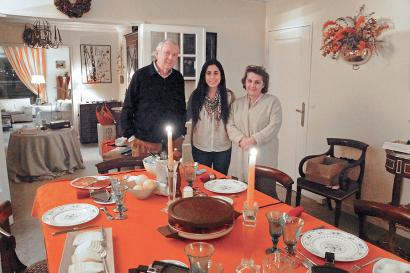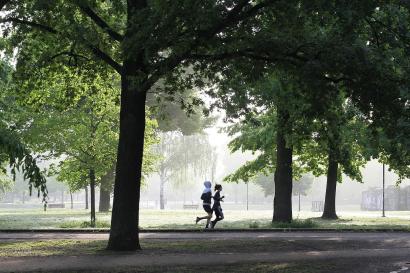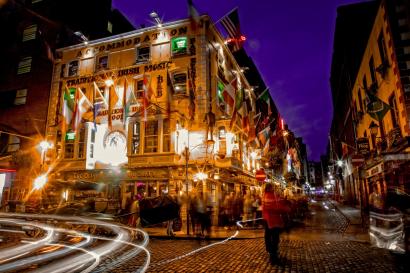How to be a good international student in Ireland
Trinity College Dublin, University College Dublin and University of Limerick are all in Ireland, the Emerald Isle, a country famous for its friendly people and lively culture. The Irish are also known for their love of storytelling and music. A wonderfully welcoming country, Ireland has its nuances and quirks our SAF Alumni share with you here, before you study there.
How to greet your new classmates
A friendly ‘hi’ or ‘hello’ with a smile or nod of the head can get a conversation started. The Irish people tend to be very friendly and sociable – and they don’t need an introduction to start chatting. Don't be afraid to introduce yourself or start a conversation with someone you don't know – the chances are they'll be happy to chat with you!
While you’re chatting, you might notice there’s a bit of teasing. Irish people have a unique sense of humor that involves a lot of teasing and banter. Don't take it personally if someone makes a joke at your expense. It's usually a sign that they're comfortable around you and consider you a friend.
Be social
The pub is at the very heart of Irish culture and community. It was in pubs that literary greats James Joyce, Oscar Wilde, W B Yeats, Bram Stoker, and Jonathan Swift wrote many of their works. Pubs have a rich tradition of live music, both booked and impromptu, as locals pick up their instruments and play together.
Irish people love socializing, so don't be surprised if you're invited to join in for a pint or two at a pub. Obviously Guinness is a staple in many pubs, but more important, regardless of what you drink, is the round system. When socializing at a pub with a group of people, it's customary to take turns buying rounds of drinks for the group (usually groups larger than six split their rounds, so it’s not too expensive). The person who buys the first round sets the tone for the night, so make sure to be generous and offer to buy a round for everyone at some point.
Find your routine
Class is likely to start around 9am and last a couple of hours. You’ll have a short break then go to you next class around 11.30am, also a couple of hours. Around 1.30, most students head to a campus café, which serves subsidized meals, making it less expensive than leaving campus, but still more expensive than taking your own lunch box.
Final classes of the day start around 2.30, taking you to around 4.30, when you can either hit the library, campus gym, or join classmates in the student union bar, depending on how much work you have to complete before your next class. If you’re part of a sports club or team, Wednesday afternoons typically have no classes or lectures, so you can take part in or watch a match.
Show up to class
To prove you’re a driven, aspirational student, you should arrive at class or lectures on time and throw yourself into the material. In class, answer questions and be actively involved in class discussions and activities to demonstrate your engagement and understanding of the material. It can also help you connect with your classmates and build relationships with your professors.
Don't hesitate to ask your professors or academic advisors for help if you're struggling with the material or have questions about the course. Trinity College Dublin, University College Dublin and University of Limerick all have dedicated support services to help you with your academic and personal challenges.









